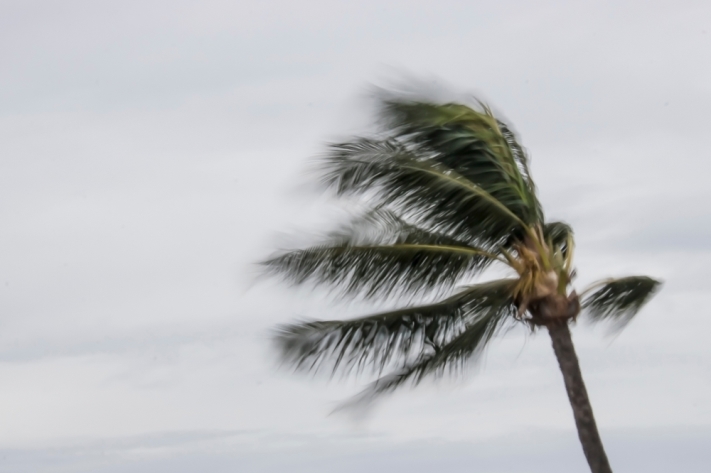Homeowners insurance is an essential tool to help you manage risk. However, it is only the beginning of the coverage you need during hurricane season (June 1-November 30). While Homeowners insurance protects you against vandalism, fire, and traditional storms, it does not cover damage from hurricanes or floods. Learn how to protect your property against the worst the Central Pacific can throw at you with the guide below.
Homeowners Insurance
Homeowners insurance applies if there is a tropical storm with sustained wind speeds of 73 mph or less. It would cover damage caused by high winds – such as a blown off roof or debris flung through a window – as well as subsequent water damage caused by rainwater entering your house.
Hurricane Insurance
Hurricane coverage comes into play if the storm is a hurricane, as designated by the National Weather Service (NW), at the time it makes landfall. The NWS considers a storm a hurricane if it has sustained wind speeds of 74 mph or higher. If you do not have a Hurricane policy, you would have no basis for a claim for wind or rain damage caused during a hurricane.
Hurricane insurance does not come with a traditional Homeowners insurance policy. It is separate coverage for which you must pay extra. If you have an outstanding mortgage loan balance, your lender will likely require you to buy coverage to protect their interests. Although not legally required in Hawaii, it is a worthwhile investment.
Flood Insurance
Neither Hurricane nor Homeowners insurance covers water damage caused by tidal surges, overflowing bodies of water, or flash floods. You need Flood insurance for these hazards. Think of it this way: Either Homeowners or Hurricane coverage protect you against rain damage (depending on wind speeds as determined by the National Weather Service), while Flood insurance covers you against water flowing over the ground.
People often don’t buy flood insurance if the mortgage lender doesn’t require it or because their dwelling is not in an official flood zone. That may be a mistake because a lot of flood damage happens outside flood zones.
More questions on how to protect yourself during hurricane season? Contact your independent agent.

